In analyzing lost sales opportunities that were rated ‘likely to close’, it’s common for the reason provided by the sales rep in the CRM to boil down to a simple word, or phrase – we lost on price.
The Forest & the Trees
Many mid-market B2B firms have a discipline around Win-Loss Analysis. Approaches vary widely, but almost always, the impetus is based on a simple concept:
We need to learn more about what’s driving deal outcomes, e.g., “Why are we winning, and why are we losing?”
The birthplace of Win-Loss Analysis
It was a hot June day in New Orleans in 1999 – you could have fried an egg on the pavement. It was the site of the annual conference of the Society of Competitive Intelligence Professionals.
Through the Lens of Winning
As a provider of Win-Loss Analysis, we interact with quite a few companies about their opportunity set. Depending on who you speak with, they may refer to it as their …
The Fabric of Opportunity in B2B Selling
As companies wrestle with the pain and disappointment of losing a sale to a competitor, especially when confidence was high that they would win, some interesting psychology comes into play.
Winning and Losing – At the Same Time
Usually we think of win-loss analysis as something we do to put losses under the microscope. That way, the common thinking goes, you will see what you did wrong and fix that, in order to win more often in the future. A worthwhile motivation to begin the exercise if you’re not engaged in it already.
Family Factors – What’s Really Driving Business Development Outcomes?
Perhaps a better title for this post would be Family – OR – Factors. Regular readers of my posts know that Win-Loss Analysis is a central theme. After all, if you’ve been focusing on something for over 20 years, you tend to – I’ll admit it, ‘obsess’ a bit about that something.
Pondering the Metaverse
Like many, I was not surprised when Facebook renamed as Meta. After all, this was the company that transformed the notion of ‘friendship’, hurling it into virtual space. But when Microsoft recently announced a deal to acquire Activision Blizzard for $68.7 billion, that got my attention.
Intuition vs. Bias
In this age of data-driven insights, it’s useful to take a step back and question their source. As Market Researchers, we’re often asked to come up with novel ways to anticipate future events. So, it’s natural for us to think about how it is we come to know anything, which gets to the science of epistemology, the science of knowing.
New Product Development – Where are you coming from, and where are you going?
Many companies are in expansion mode – with new product development, or new market additions. Whether driven by the post-Covid “pivot” or just opportunity seeking, market expansion is what companies …
